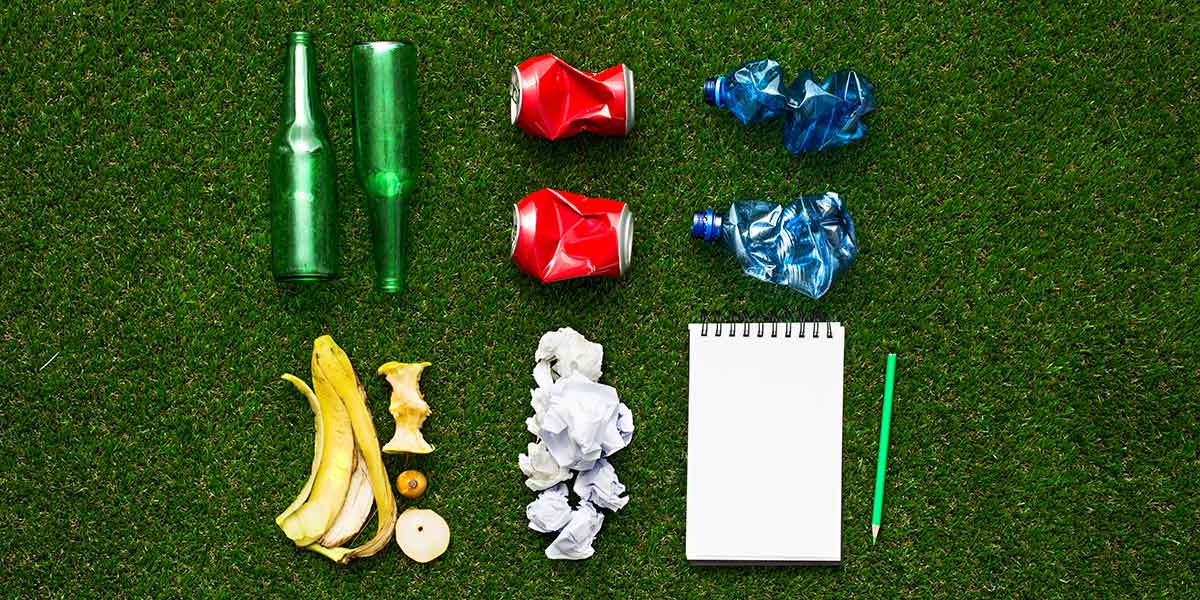
KOTILO
Participatory Design of Source Separation in Recycling

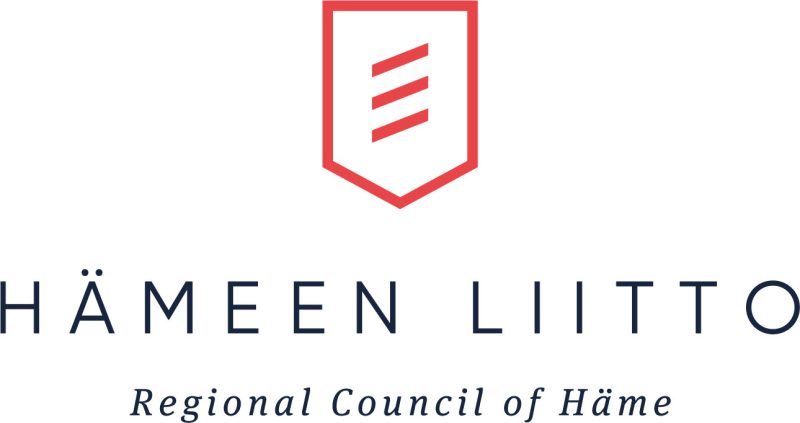
Project Information
| Project | Participatory Design of Source Separation in Recycling – KOTILO |
| Duration | 1.9.2023 – 31.12.2025 |
| Implementer | The project is administered by Häme University of Applied Sciences. |
| Funding | European Regional Development Fund |
| Action Line | 2 Carbon-Neutral Finland |
| Specific Objective | 2.3 Promoting the Transition to a Circular Economy |
| Budget | 288 424 €, of which EU funding is 201 881 € |
The KOTILO project promotes on-site sorting and recycling of waste through the use of data and gamification.
The sorting of waste at the source of generation is a crucial part of the circular economy, and the success of source sorting significantly impacts the quality and volume of material flows used in circular economy processes. The better waste is sorted at the source of generation and delivered to separate collection points, the better it can be utilized in processes involving renewable materials and energy. Although the amount of waste sorting at source has increased in recent years, there is still a significant amount of recyclable waste and small quantities of hazardous waste that end up in mixed waste destined for incineration.
The purpose of the project is to promote waste sorting at the source of generation and separate collection by involving residents and households in the planning and implementation of waste sorting and recycling processes. The project will investigate challenges and issues related to consumer and household waste sorting and separate collection, design new sorting-promoting service concepts, and explore ways to encourage better sorting by households. In this context, the use of digitization and gamification elements will also be examined. Additionally, the project will investigate the better utilization and development of intermediary markets in areas such as social entrepreneurship and new business models.
As a result of the project, new information will be generated regarding the challenges of source sorting and consumers’ desires, needs, and ideas related to the topic, benefiting local businesses and organizations. Based on this information, the project will produce proposals for actions and new concepts to enhance recycling practices and leverage digitization. The project will also produce a report on how intermediary markets and social entrepreneurship can be more effectively utilized to support recycling processes.
Target Group
The main target groups of the project are businesses engaged in circular economy, waste management, and material cycles in the Tavastia Proper, as well as households and consumers in the area, and the municipalities and cities within the region.
Operating region
Tavastia Proper.
Project Objectives
- Survey the challenges and issues related to consumer and household waste sorting and separate collection and increase understanding of consumers’ desires, needs, and ideas related to efficient and seamless source waste sorting.
- Design and develop service concepts and models that promote source waste sorting using various digital tools (including gamification, recycling-related competitions, or reward mechanisms).
- Investigate methods to incentivize and/or reward consumers and households for successful waste sorting leading to increased recycling rates.
- Explore new business models for better utilization of intermediary markets and development in the handling of recycling materials.
- Communicate and disseminate information about the project’s activities and results to households, businesses, authorities, the education sector, and other stakeholders in the region and engage them in project work.
Contact
Project Manager: Anne-Mari Järvenpää
Experts: Jari Jussila, Sanna-Maaria Siintoharju, Olli Koskela, Pirita Rantala, Hanna Rokkanen
Coordinator: Satu Koivisto
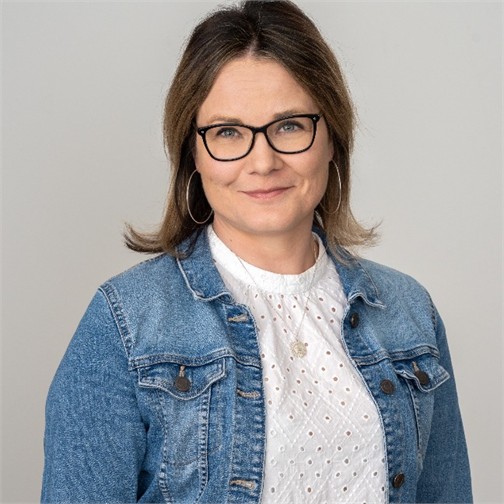
Anne-Mari Järvenpää
Principal Research Scientist, tenure track
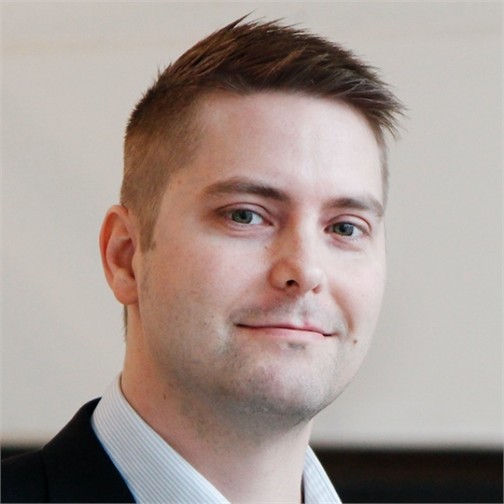
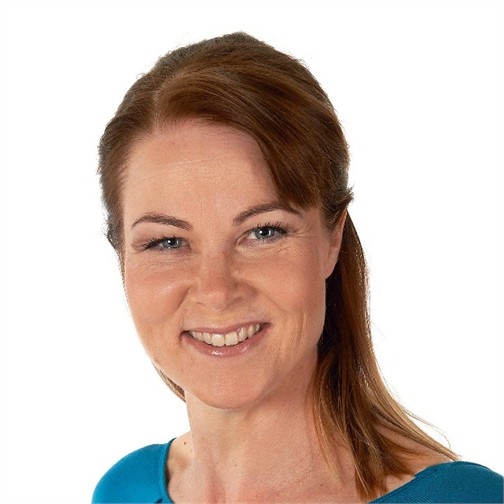
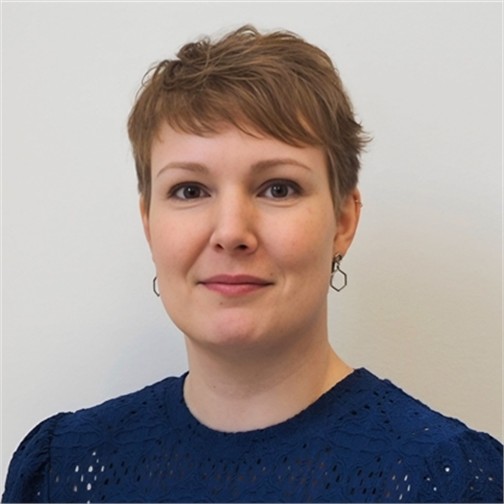
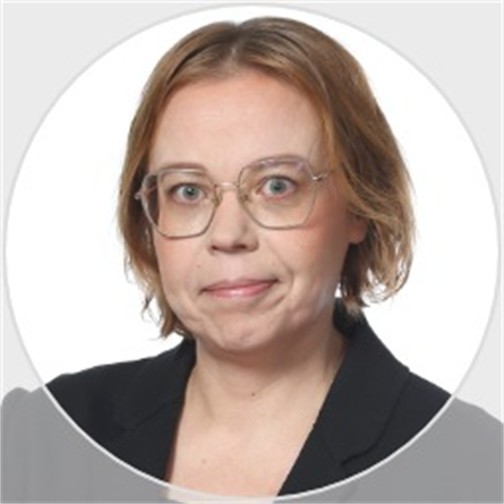
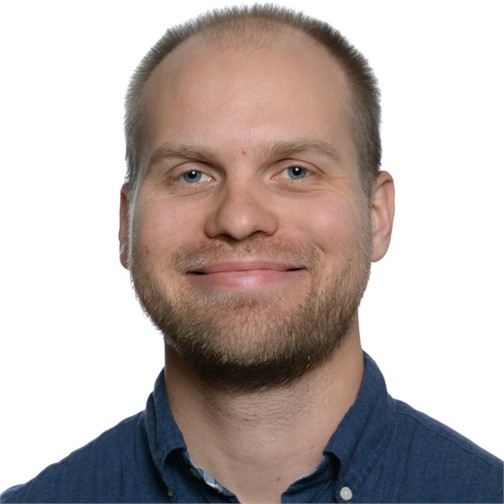
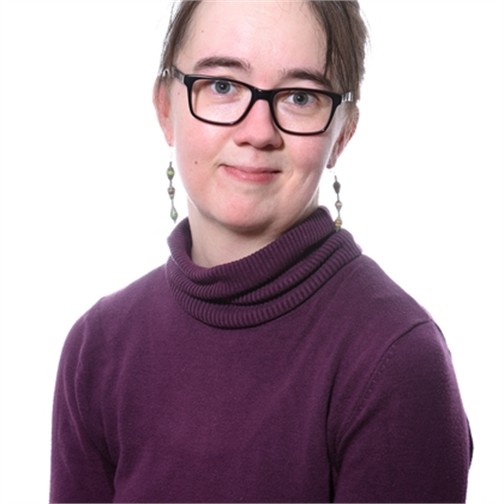
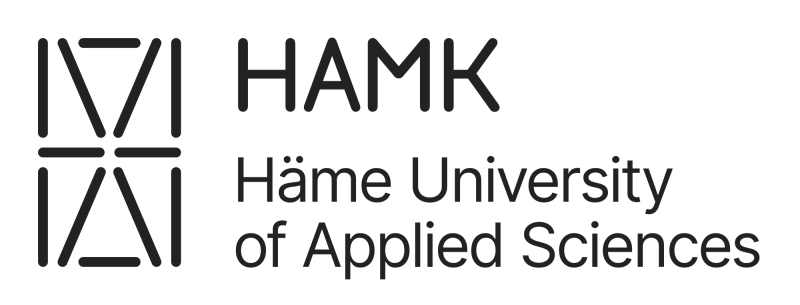
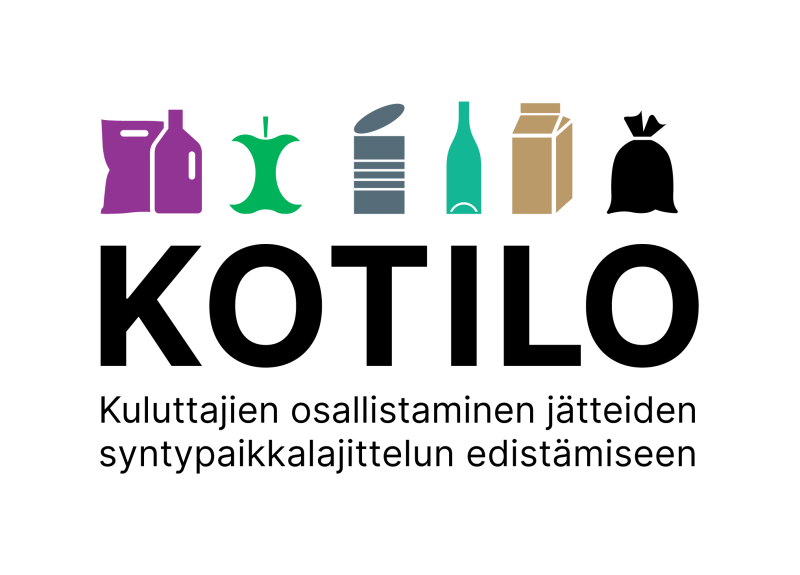
Follow us on social media!
Check out HAMK’s social media channels focusing on research!